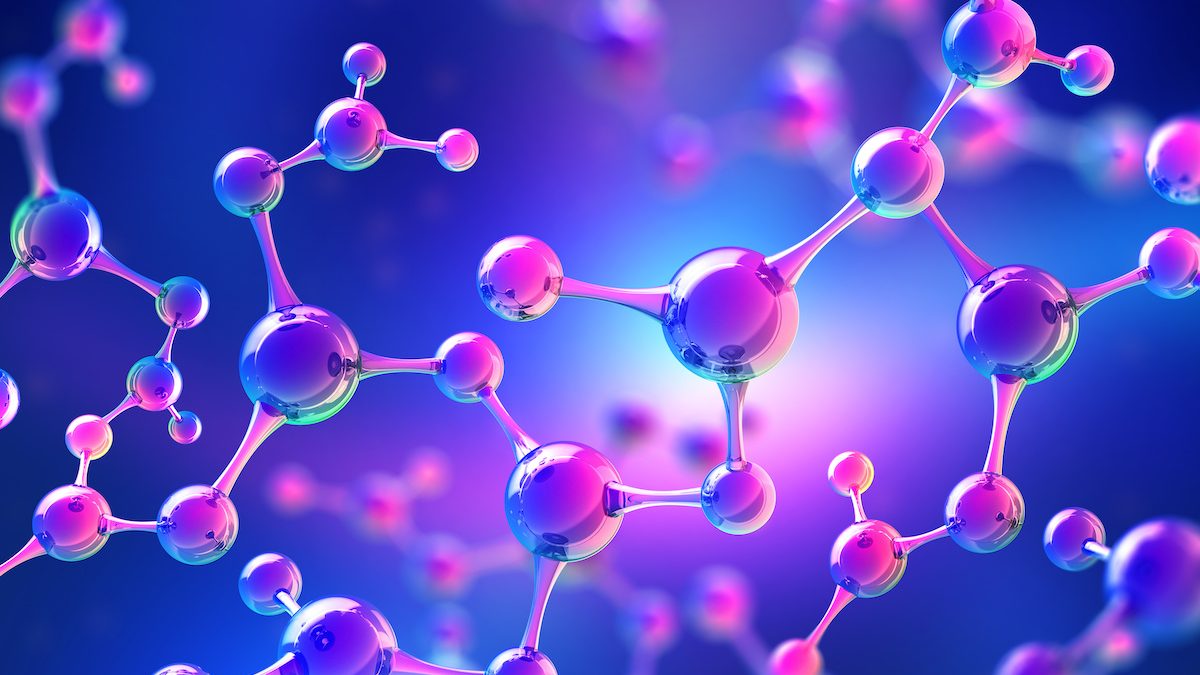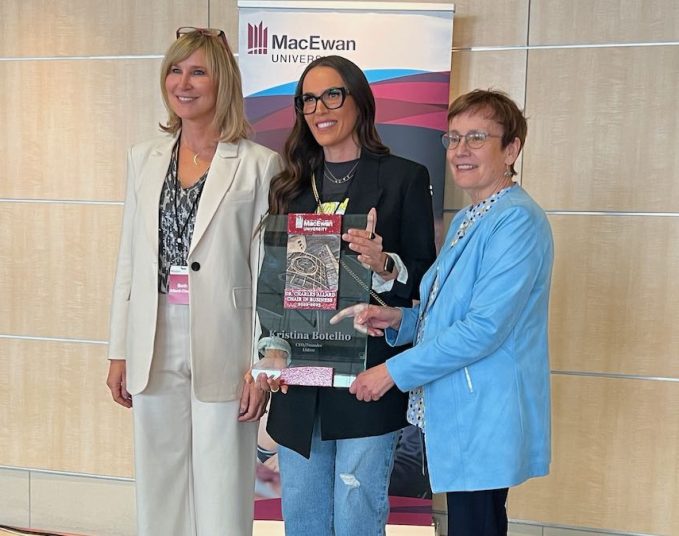When most people think of recycling, they picture a blue bin filled with paper or plastics ready to be taken to a depot. But for SynBioBlox, an Edmonton start-up, recycling is a complex process whereby organisms transform greenhouse gases into jet fuel, paper or even nutrients to feed people.
“People talk about the fact we are heading towards 10 billion people on Earth. That is overwhelming Mother Nature,” says SynBioBlox CEO John McDougall. “It is not that Mother Nature does not have all the systems — but the impact of this many people with all their consumption is too much to happen naturally.”
People produce 50 billion tonnes of greenhouse gases a year and just throw it away. Why not use that, he says, and create not only a more sustainable end product but one that is far less costly.
Basically, explains McDougall, the team designs and builds organisms that can transform greenhouse gases into molecules that can be used directly or as precursors that can become products.
“The ideal would be we turn exhaust from a smokestack into fuel for the [factory] that is producing it. We want to accelerate the natural cycle,” says McDougall.
The team spent a week in McDougall’s living room, just thinking about how to tackle the problem. Initially, they were thinking about using nanotechnology.
“We quickly realized that from a scientific point of view we really weren’t there. But Mother Nature was, and that’s what took us to biology,” says McDougall.
So they gathered together data from multiple sources and put together a database in 2019, and now they have a blueprint for their first project—creating organisms that can transform greenhouses gases into molecules to be used in jet fuel.
SynBioBlox uses digital AI technology and machine learning to accelerate their ability to manipulate the data and work very quickly. McDougall says they have done what used to take 10 years in 10 months — at a fraction of the cost.
And jet fuel is by far just the beginning. In fact, the biggest challenge for the members of SynBioBlox, says McDougall, was just deciding where to start since there is a huge potential for the organisms to tackle many different problems.
In the future, they may create molecules that would contain nutrients and vitamins essential to a human diet. The image of a nutritionally complete food pill isn’t just a cliché science fiction trope — it could help address food shortages, issues of local self sufficiency, land shortage and climate change.
They could also create paper by developing organisms that can produce cellulose from waste products.
“So instead of growing trees or plants, why not just make cellulose and push it out the backdoor of the factory on a steady basis again from waste that’s in the neighbourhood. And you really become the 100-kilometre city,” says McDougall.
McDougall also envisions the technology as a potential solution to environmental cleanup from abandoned mines or toxic garbage dumps that leach into water supplies.
“We would create an organism that would basically like to live on the bad stuff and turn it into benign things,” he says.
McDougallsees other companies looking at ways for economies to be more circular. Things like redirecting food waste are great, he says, but there is still so much untapped potential when it comes to using bioconversion.
“We all know we have a serious problem in the world; we all know we have to deal with it much more quickly than we have been. But nobody was really talking about any way to do it in the timeframe that we hoped for. And now, maybe were are going to be able to,” he says.
Savvy AF. Blunt AF. Edmonton AF.




